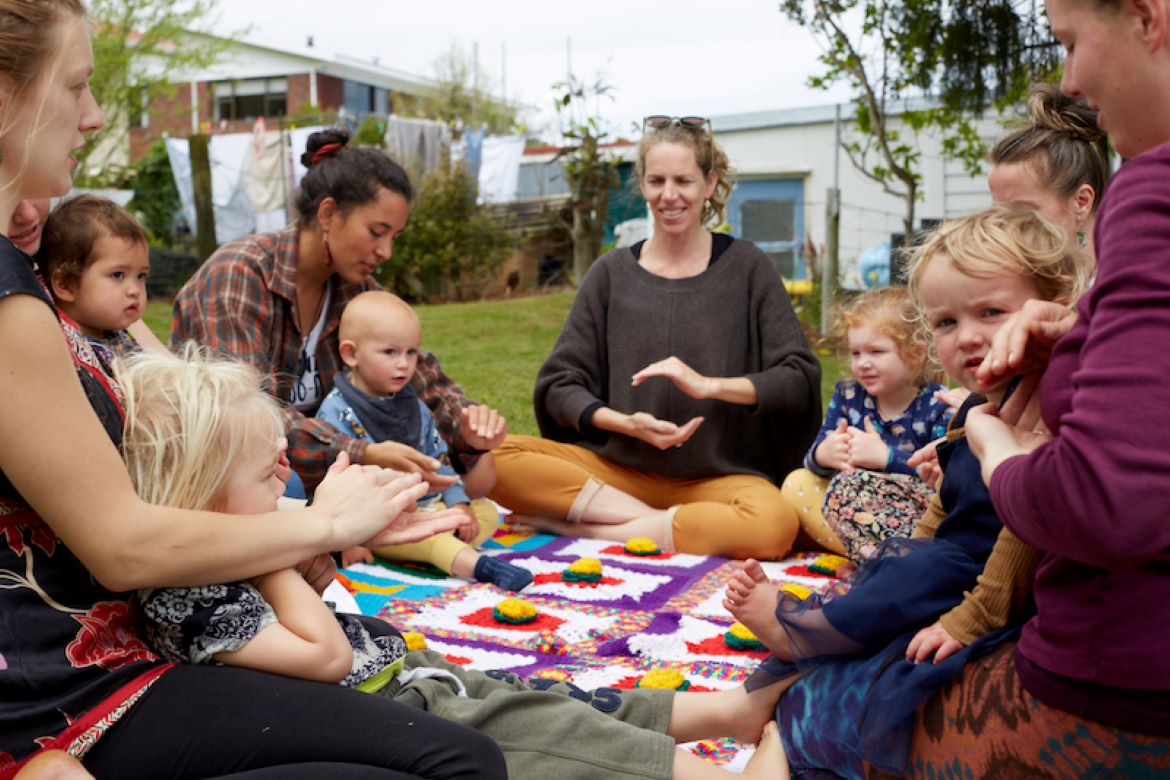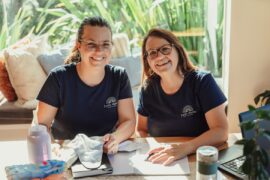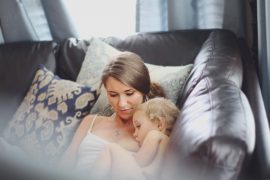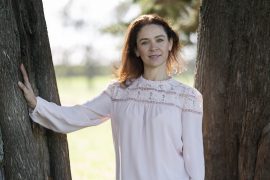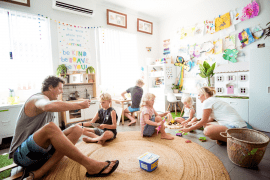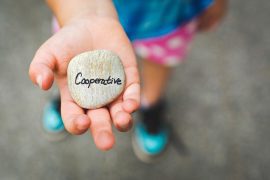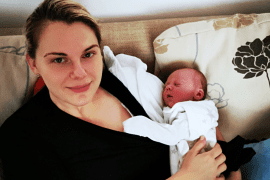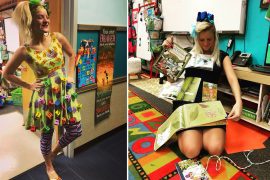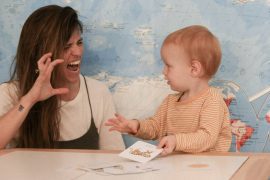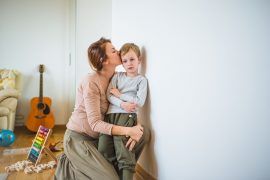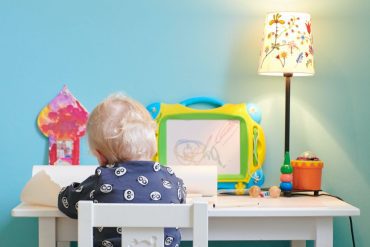By Deborah Hide-Bayne
My boy is at school now, but I look back on his days as a pre-schooler with great affection and gratitude. In Coromandel town where my family is based, we were able to go to a Rudolf Steiner kindergarten. Sadly, that kindy closed down soon afterwards, but I was excited and encouraged to see that another group of parents, inspired by the Steiner philosophy, had started a playgroup in town.
I went along the other day to meet some of the leaders and parents to find out more. Angela McWatt and Julene Wake, the playgroup organisers, shared the group’s morning tea time with me. I asked Angela to describe the natural aspects of the Steiner approach; she told me, “Toys and resources are made from natural materials: fabric, shells, wood, wool and flax and they have a life force (or mauri) as opposed to plastic which is made from processed chemicals. This use of natural resources provides the opportunity for children to use their imaginations and creativity, their own concepts and ideas, and at the same time be connected to their environment.”
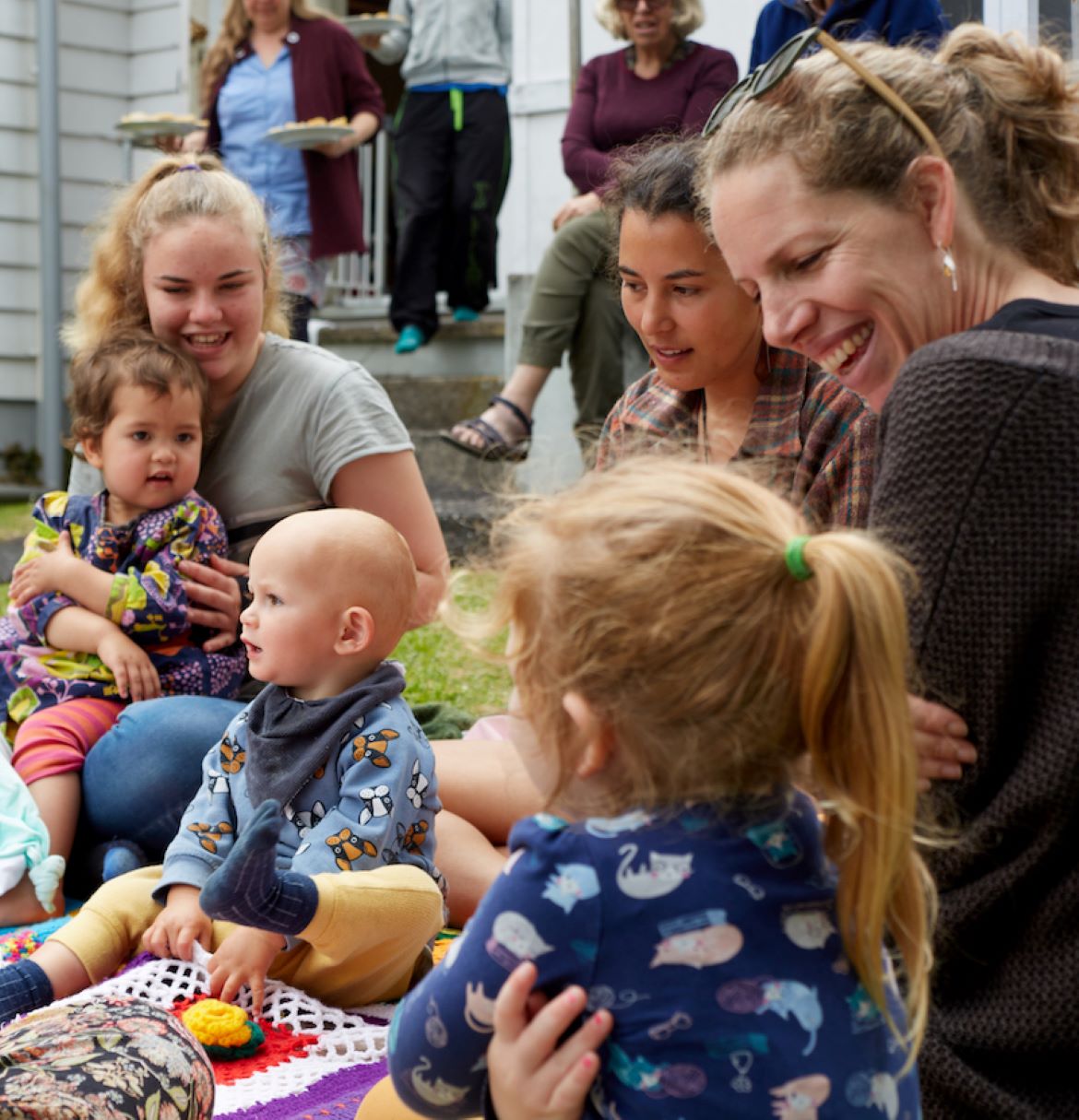
She likes the Steiner philosophy because it looks at the whole child – his or her physical, emotional, mental and spiritual needs, which also strongly aligns with a Māori world view. She mentions Dr. Mason Durie’s Te Whare Tapa Whā in which the four cornerstones of health and wellbeing or hauora are defined as: taha tinana (physical), taha hinengaro (mental and emotional), taha wairua (spiritual) and taha whānau (family). I can immediately see what she means – there is a definite similarity.
Bringing our child up with a healthy and respectful relationship to Papatuanuku or Mother Nature is a core family value, and I feel his time at Steiner certainly contributed to that.

